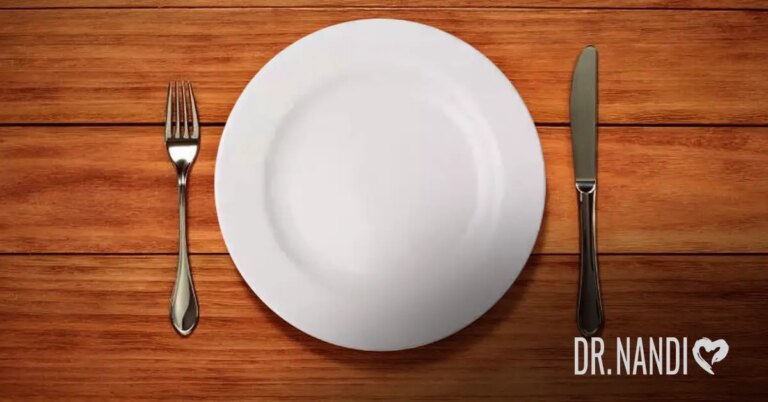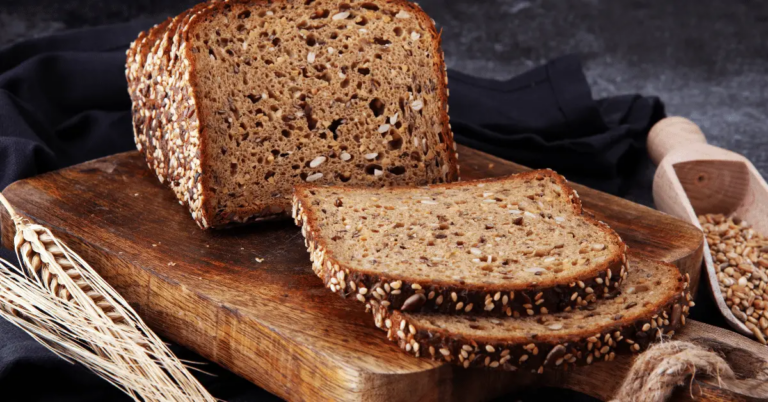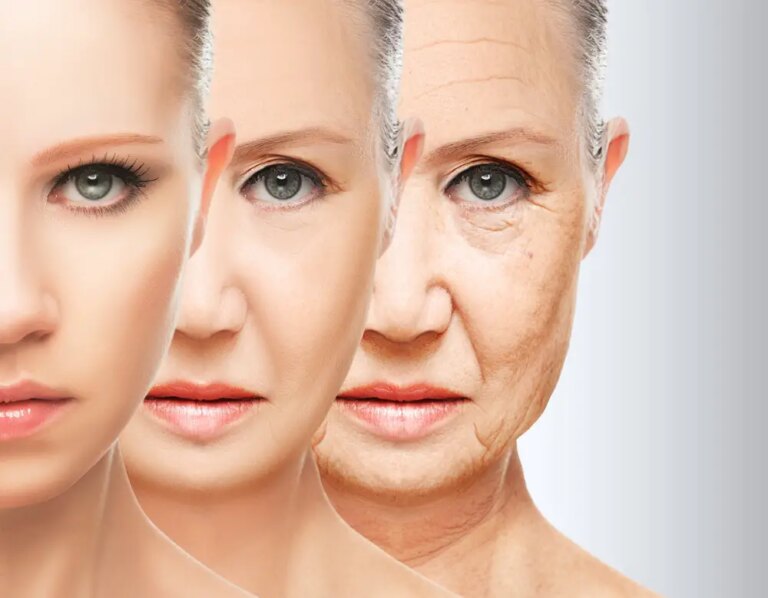Colon cancer is the third most common type of cancer in the US. It is a serious disease in which cancer cells form in the colon and/or rectum. Men and women of all races and ethnicities are at risk for this disease. Each year, nearly 60,000 people are expected to die from colon cancer. (1, 2, 3, 4, 5, 6)
It sounds scary enough to take colon cancer seriously. However, there is good news: Colon cancer is not only preventable, but when caught early, it is a curable disease.
Symptoms of Colon Cancer Include: (1, 7, 8)
- Abdominal pain
- Cramps
- Unintentional weight loss
- Blood in stool
- Changes in bowel movements
- Diarrhea
- Constipation
- Fatigue
- Weakness
- Gas
- Changes in appetite
Screening Is Necessary
Since symptoms may be similar to other digestive issues and often there are absolutely no signs at the early stages of colon cancer, regular screening is necessary. With early detection, your chances of adequate care during your cancer are 80 percent or more. Once your symptoms develop, your chances are only 50 percent, less in the late stages of cancer. At stage 4, when cancer has spread to other organs, treatment becomes increasingly difficult. (1)
Should You Get Screened?
Colon cancer is more common in those over 60. So, regular screening is recommended starting at age 50. (1)
If you are at high risk of colon cancer due to a family history of colon cancer or familial polyposis syndrome, a personal history of colitis or Crohn’s disease, or other reason determined by your doctor, screening should begin earlier. Colon cancer affects African-Americans, especially males, more frequently than other races and ethnicities. Therefore, for African Americans, the first screening is recommended at 45. (1, 9)
What Happens During and After Testing?
In most cases, colonoscopy is the recommended screening method. There is nothing to worry about if polyps are found in the colon immediately. Polyps are detected during 30 – 40 percent of screenings. However, while most polyps are benign, they can potentially become malignant and develop into cancer later. The polyps are always being removed during the procedure to test them and ensure that they are not cancerous.
If cancer is found during the procedure, further tests, including CT Scan, MRI, or PET Scan, may be ordered to determine the size of cancer and whether it has spread to other parts of the body. Once the cancer stage is determined, treatment may involve surgery, chemotherapy, and radiation. (1)
Lifestyle Choices to Prevent Colon Cancer and Help Treatment
With a healthy diet and good lifestyle choices, you can lower your risk of colon cancer and help your body during treatment to recover. (1)
- Eat more fiber-rich foods
- Eat more antioxidant foods
- Eat a whole foods diet with lots of greens, veggies, fruits, nuts, seeds, and whole grains
- Avoid processed foods and fatty meat
- Avoid high-fat foods
- Avoid large meals, eat smaller meals more frequently
- Take ginger and turmeric
- Take probiotics and eat probiotic-rich foods
- Increase your vitamin D intake and spend time in the sun
- Maintain a healthy weight
- Exercise regularly
- Quit smoking
- Limit your alcohol intake or quit alcohol altogether
Remember, with the proper diet and lifestyle choices; you can increase your vitality, health, and happiness. You can lower your risk of colon cancer and other diseases. Regular screening and paying attention to potential symptoms can catch possible colon cancer early, increasing your chance of recovery if you are over 50, at high risk, or experiencing symptoms. Set up an appointment with your gastroenterologist today and get screened.
Partha’s Prescriptions
- Use turmeric daily to decrease inflammation and boost immunity.
- Take care of your colon and digestive system by choosing high-quality foods of at least 80%. Use probiotics or fermented foods in your diet.
- Do not ignore your body. When you feel discomfort, pain, or other abnormal symptoms, listen. Talk with your doctor and do what it takes to heal.
- Move your body and get outside regularly.
Take care of your body, take charge of your health, and work with your healthcare professional to achieve your desired health.
References
- https//askdrnandi.com/colorectal-cancer-symptoms-causes-and-treatment
- https://www.cancer.gov/types/colorectal/patient/colon-treatment-pdq#link/_93
- https://seer.cancer.gov/statfacts/html/colorect.html
- https://books.google.com/books?id=rchrQnlRE5kC&pg=PA257&lpg=PA257&dq=15+percent+of+all+cancer+is+colorectal&source=bl&ots=PxslEBglb4&sig=Lf5bLEqQeqnqPXsbECZg_JD5amA&hl=en&sa=X&ved=0ahUKEwjU6MXNwo7YAhUQxCYKHS4RAacQ6AEISzAF#v=onepage&q=15%20percent%20of%20all%20cancer%20is%20colorectal&f=false
- https://www.cancer.org/cancer/colon-rectal-cancer/about/key-statistics.html
- https://www.cancer.gov/types/common-cancers
- https://www.mayoclinic.org/diseases-conditions/colon-cancer/symptoms-causes/syc-20353669
- https://www.cancer.org/latest-news/signs-and-symptoms-of-colon-cancer.html
- https://www.cancercenter.com/colorectal-cancer/risk-factors/











 Subscribe to Ask Dr. Nandi YouTube Channel
Subscribe to Ask Dr. Nandi YouTube Channel









